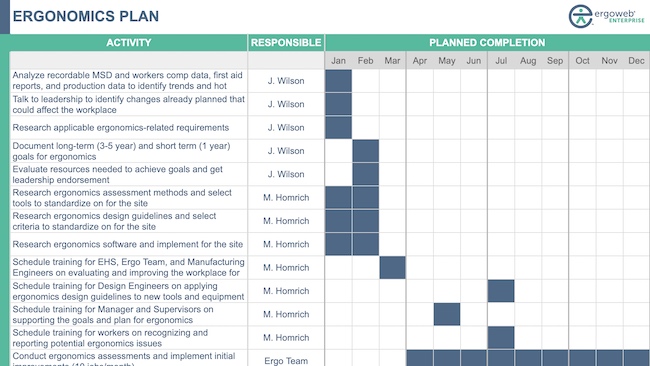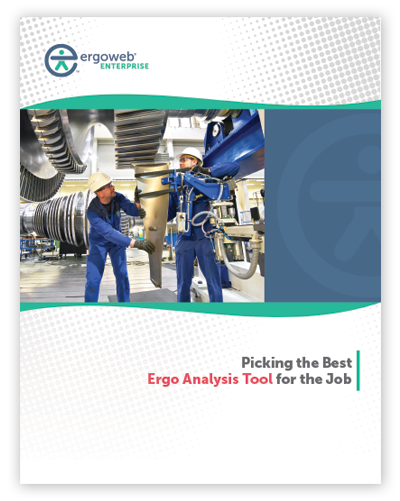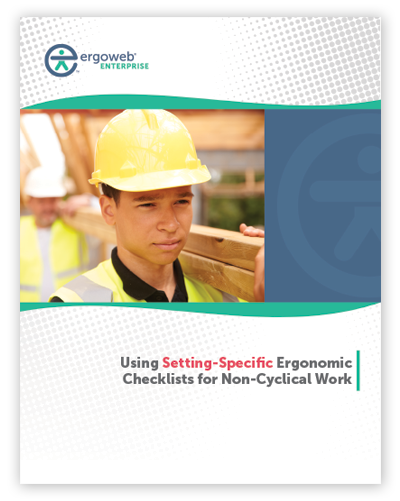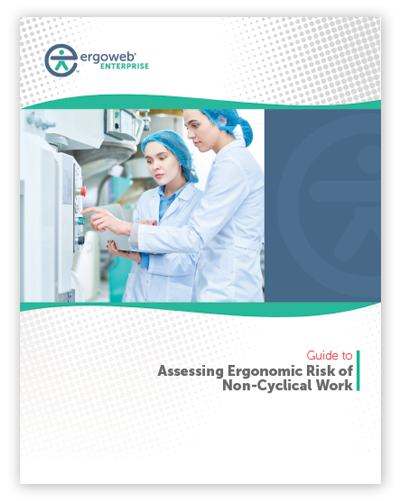January 18, 2012
In this reprint from The Ergonomics Report, Peter Budnick sets out to document the underlying ergonomics theories behind the design of various styles of the ubiquitous computer mouse. Tracing its beginnings back to the 1960's, he attempts to categorize them by style, such as forearm flat, forearm angled, specialized grips, touch pad, foot mouse, etc., offering a high-level opinion regarding the potential benefits and concerns for each.






